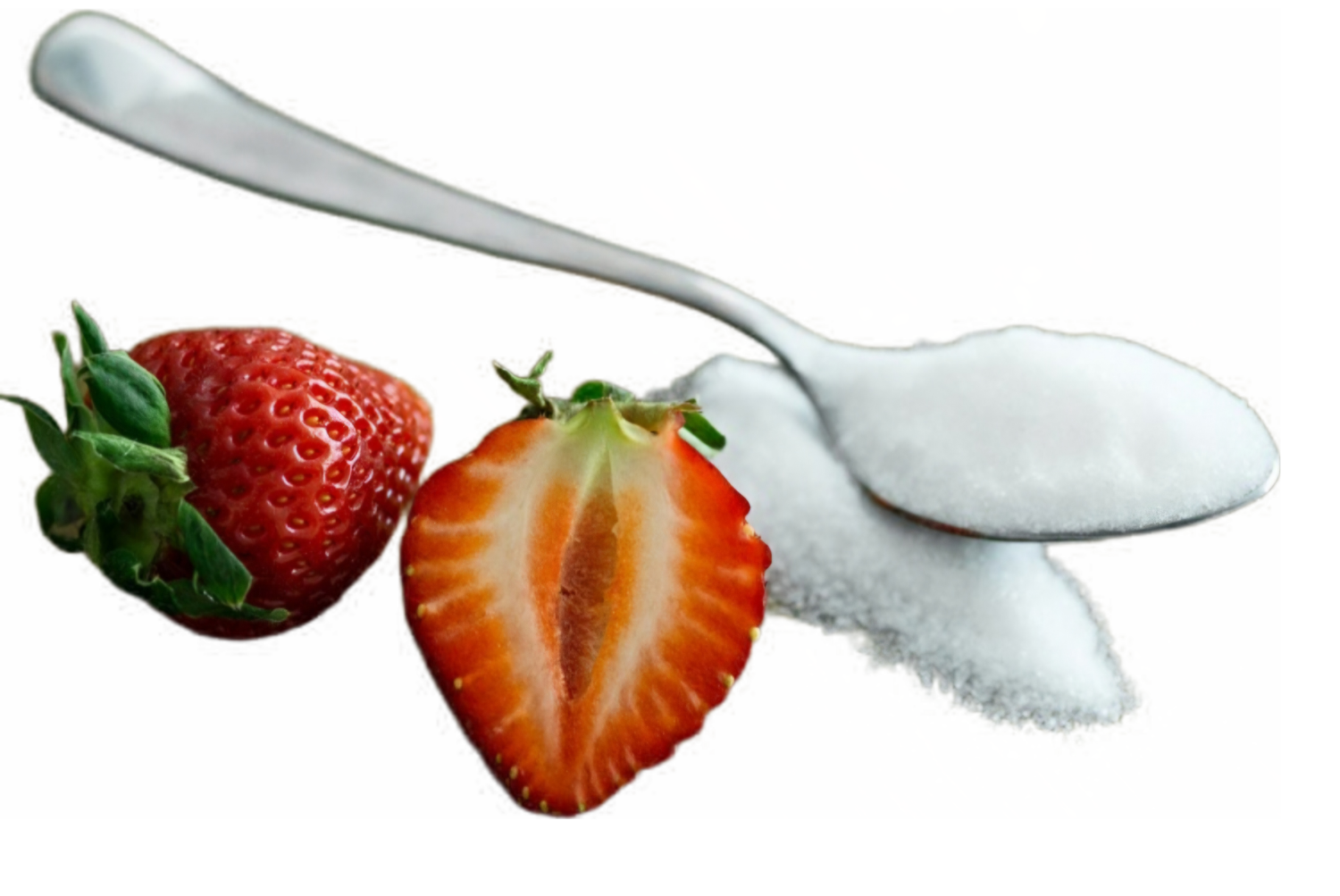
How does belly fat increase cortisol levels and how does this affect insulin sensitivity?
Allulose StoreThe relationship between belly fat, cortisol and insulin sensitivity
How does belly fat increase cortisol levels?
• Visceral (abdominal) fat tissue is hormonally active: Belly fat is not only a storehouse of energy, but also produces hormones and inflammatory substances. Fat cells contain an enzyme (11β-HSD1) that converts inactive cortisol circulating in the body into its active form, thus increasing cortisol levels locally and overall 1 2 .
• Chronic stress and belly fat: Chronic stress causes the adrenal glands to produce cortisol continuously. High cortisol levels promote fat storage in the abdominal area, while existing abdominal fat further increases cortisol production and activity, creating a self-reinforcing cycle 3 2 .
• Increased appetite and fat deposition: High cortisol levels increase appetite, especially cravings for high-calorie, sugary, and fatty foods, which further increases belly fat accumulation 4 5 .
How does cortisol affect insulin sensitivity?
• Increase blood sugar levels: Cortisol stimulates the liver to produce glucose, which raises blood sugar levels. This forces the body to produce more insulin 6 .
• Decreased insulin sensitivity: With persistently high cortisol levels, the insulin receptors in cells become less responsive to insulin, meaning insulin sensitivity decreases. This can lead to insulin resistance in the long term, which is a precursor to type 2 diabetes 6 7 .
• Increased fat storage: Cortisol promotes fat storage, especially in the abdominal region, which further worsens insulin sensitivity, as even 2-3 kg of excess abdominal fat can increase the risk of insulin resistance by 30% 2 .
Summary table
| Process | Consequence |
|---|---|
| Abdominal fat → more 11β-HSD1 enzyme | Local and systemic cortisol elevation 1 2 |
| Chronic stress → more cortisol | Increased abdominal fat, increased appetite 4 3 5 |
| High cortisol → more blood sugar | Decreased insulin sensitivity, insulin resistance 6 |
| More belly fat → more cortisol | Vicious circle, metabolic disorders 2 |
Essence
• Belly fat is hormonally active, increasing cortisol levels locally, which further increases fat deposition.
• Persistently high cortisol levels impair insulin sensitivity, increasing the risk of insulin resistance and diabetes.
• Therefore, stress management, belly fat reduction, and a healthy lifestyle are key to maintaining metabolic balance.

